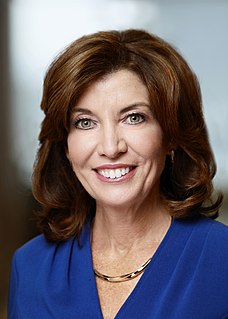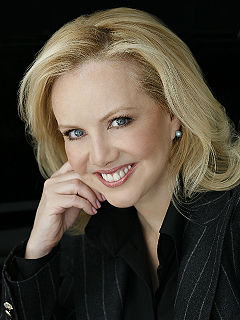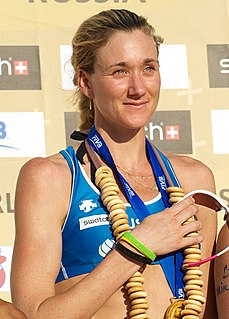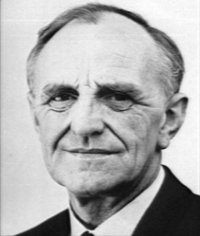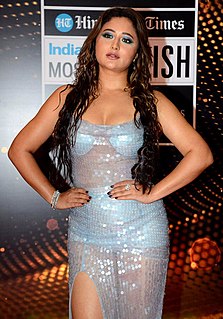A Quote by Lewis Schiff
I would have to say that my mother's entrepreneurial perspective, and that of her father's, are very evident in my own outlook.
Related Quotes
I mean, her father was an alcoholic, and her mother was the suffering wife of a man who she could never predict what he would do, where he would be, who he would be. And it's sort of interesting because Eleanor Roosevelt never writes about her mother's agony. She only writes about her father's agony. But her whole life is dedicated to making it better for people in the kind of need and pain and anguish that her mother was in.
Her [Eleanor Roosevelt] father was the love of her life. Her father always made her feel wanted, made her feel loved, where her mother made her feel, you know, unloved, judged harshly, never up to par. And she was her father's favorite, and her mother's unfavorite. So her father was the man that she went to for comfort in her imaginings.
My mother saw her mother... her father walked out when they were very young and it was a lot of, I'd say more verbal abuse than physical, but it was the same. And my mother, back in the 70s, became an advocate for victims of domestic violence way before anybody in the Legislature was talking about it.
When my daughter went to school, her last name was mine. The school insisted that her father's name be added to hers, not her mother's. The fact that the mother kept her in her womb for nine months is forgotten. Women don't have an identity. She has her father's name today and will have her husband's tomorrow.
Hats change everything. September knew this with all her being, deep in the place where she knew her own name, and that her mother would still love her even though she hadn’t waved goodbye. For one day her father had put on a hat with golden things on it and suddenly he hadn’t been her father anymore, he had been a soldier, and he had left. Hats have power. Hats can change you into someone else.
And of course, FDR was very charming. At 6'2", he was tall enough to be her beau, and they made a beautiful couple. And she could encourage him. His mother also encouraged him. So this notion of a woman with ideas of her own and a spirit of her own and a style of her own was very congenial to Franklin. And he loved her. And their romance was a very dear and true and deep romance.
My mother is my biggest role model, and she showed me how to do it right. She was very present in our lives and has a great career of her own. Same with my father. So I knew it was possible going in to stay closely connected to my children while also chasing big dreams. And it's given me great perspective.
Although my father's mother, Nancy, has dementia, and her experiences gave me ideas for some of the scenes in the book, it was my mother's mother, Vera, who most influenced the character of Maud. Vera died in 2008, before I'd gotten very far into writing 'Elizabeth Is Missing,' but her voice is very like Maud's.
The mother gazes at the baby in her arms, and the baby gazes at his mother's face and finds himself therein... provided that the mother is really looking at the unique, small, helpless being and not projecting her own expectations, fears, and plans for the child. In that case, the child would find not himself in his mother's face, but rather the mother's own projections. This child would remain without a mirror, and for the rest of his life would be seeking this mirror in vain.
A mother has a unique perspective. Nobody sees the life of the child the way the child’s mother does—not even the father. This is Mary’s perspective of Jesus life. It seems to me that every genuine Christian, not just Catholics, should be interested in that perspective—and not just interested, but fascinated. In the rosary we ponder the life of Jesus through the eyes of his mother. This is an incredibly powerful experience if we enter into it fully


